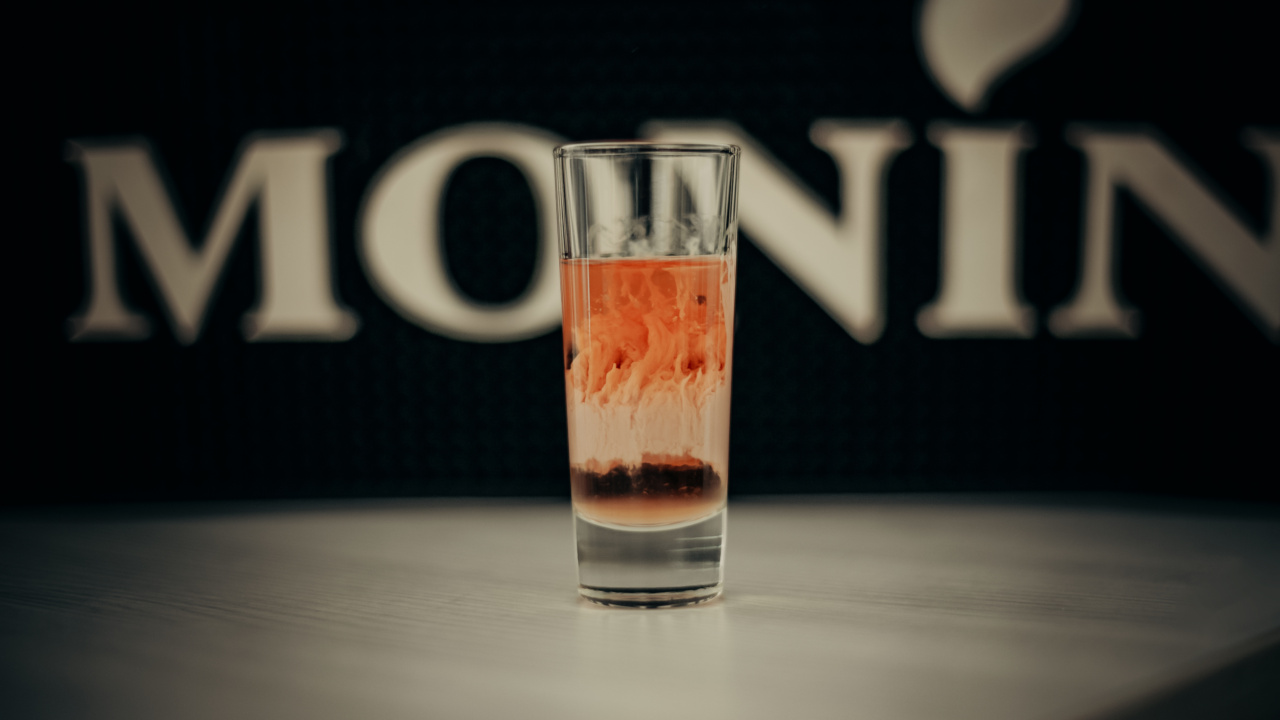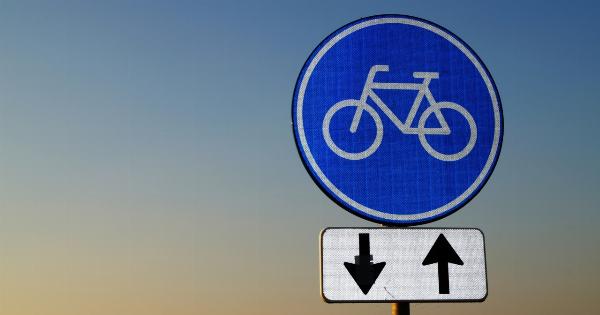We’ve all heard the age-old advice that we need to drink eight glasses of water per day to stay hydrated.
This recommendation has been ingrained in our minds for years, but have you ever wondered if it’s actually true? In this article, we will debunk the myth surrounding the eight-glass water requirement and explore the science behind proper hydration.
The Origins of the Eight-Glass Rule
The idea of drinking eight glasses of water per day can be traced back to a study conducted by the National Research Council in 1945.
The study suggested that the average adult needs approximately 2.5 liters of water per day, which is equivalent to around eight glasses. However, it’s essential to understand that the study did not specifically state that this water needs to come exclusively from drinking water. It included all fluid intakes, including the water found in food.
Individual Water Needs
It’s important to recognize that each person’s water requirements may differ based on various factors, such as age, sex, weight, physical activity level, and environmental conditions.
For instance, athletes and individuals living in hot climates may need more water to compensate for increased sweating and higher fluid losses. The idea that a universal “one-size-fits-all” recommendation is suitable for everyone is erroneous.
Water Intake from Food
Many people overlook the fact that a significant portion of our water intake comes from the food we consume. Fruits, vegetables, soups, and even beverages like tea and coffee contribute to our overall hydration.
In fact, studies have revealed that nearly 20% of our daily water intake comes from our food choices. While drinking water is undoubtedly important, it is not the sole source of hydration.
Thirst as an Indicator
Our bodies are remarkably intelligent and have a built-in mechanism to indicate when we need to drink more water – thirst. Thirst is the body’s way of signaling that we need to replenish our fluid levels.
Listening to our bodies and drinking when we feel thirsty is often a reliable way to maintain adequate hydration. It’s worth noting that certain conditions, like old age or certain medications, may diminish thirst sensation, necessitating a more conscious effort to stay hydrated.
The Myth of Dark Urine
Another commonly held belief is that dark urine is a sign of dehydration.
While it is true that concentrated urine can indicate a lack of hydration, the color of urine can be influenced by several factors, including diet, medications, and certain medical conditions. The notion that clear urine is always a sign of adequate hydration and dark urine is a sign of dehydration is oversimplified and misleading.
Health Benefits of Hydration
Staying hydrated is undoubtedly important for our overall health and well-being. Drinking enough water helps regulate body temperature, aids digestion, supports kidney function, and delivers essential nutrients throughout the body.
Proper hydration is also crucial for optimal brain function and can help improve cognitive performance and concentration.
Individual Hydration Strategies
Instead of blindly adhering to the eight-glass water rule, it’s essential to develop individualized hydration strategies based on personal factors. Here are some tips to help you stay adequately hydrated:.
- Listen to your body: Pay attention to signs of thirst and drink when you feel the need.
- Monitor urine color: While not foolproof, urine color can provide some insights into hydration levels. Aim for a light yellow color.
- Include hydrating foods: Consume fruits and vegetables with high water content, such as watermelon, cucumbers, and leafy greens.
- Keep a water bottle handy: Having a water bottle with you throughout the day can serve as a reminder to sip on fluids regularly.
- Drink at regular intervals: Instead of chugging large amounts of water at once, aim to drink small amounts consistently throughout the day.
Conclusion
The belief that we must drink eight glasses of water per day is not grounded in scientific evidence. While staying hydrated is vital, each individual has different fluid requirements.
Our bodies are equipped with the ability to signal when we need to drink water through thirst. By listening to our bodies, monitoring urine color, and incorporating hydrating foods into our diets, we can adopt personalized hydration strategies that better meet our needs and promote overall well-being.






























